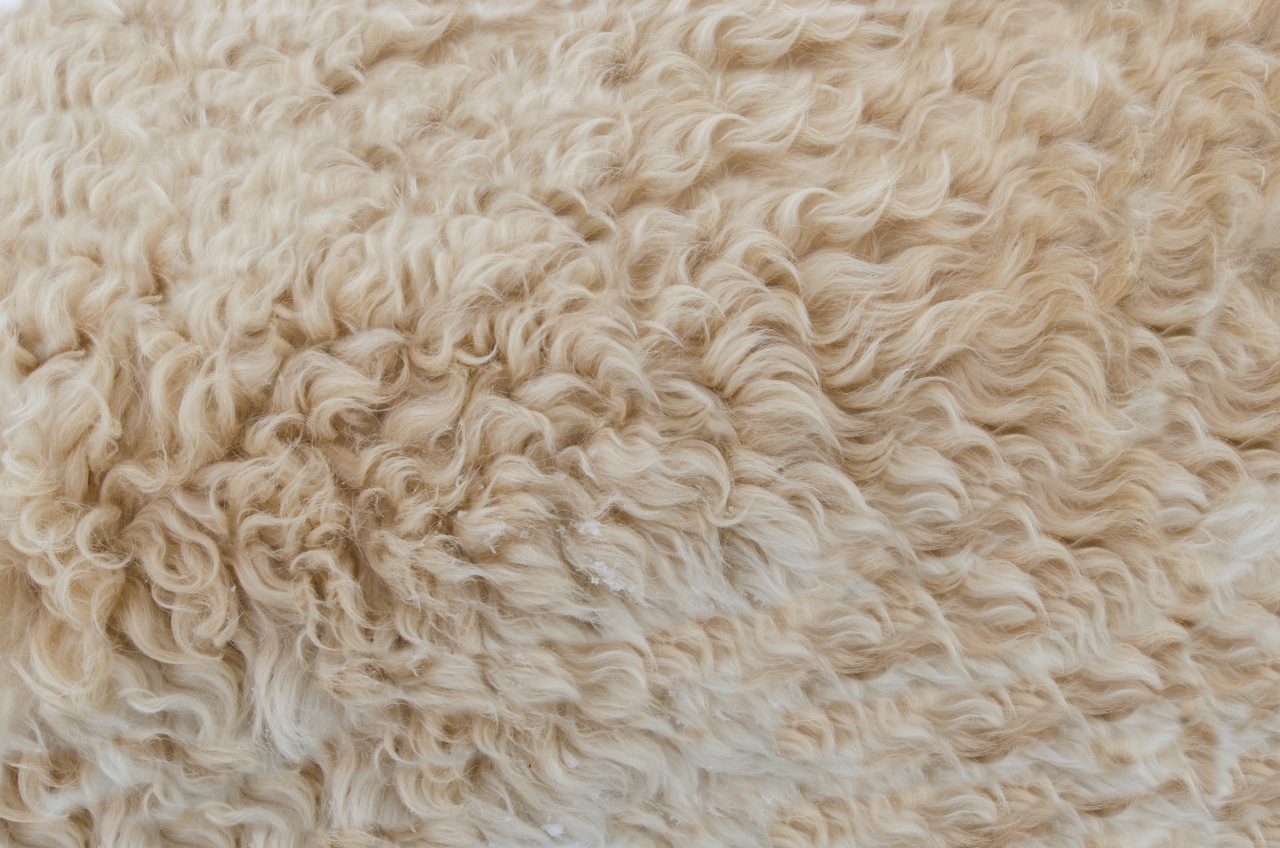Many people experience skin dryness from time to time. For some, however, dry skin can be a chronic issue that causes discomfort and can be difficult to treat.
Eczema is a common condition that can be easily confused with dry skin because both share many similar symptoms. Understanding the difference between the two is important in order to receive proper treatment.
What is dry skin?
Dry skin, also known as xerosis, is a common skin issue that can affect people of all ages. The skin becomes dry when it doesn’t retain enough moisture, resulting in flaky, itchy skin that can be uncomfortable.
Some of the common causes of dry skin include:.
- Cold weather
- Low humidity
- Hot showers or baths
- Harsh soaps and detergents
- Chronic skin conditions like psoriasis or ichthyosis
Dry skin can be prevented or managed by following a few simple tips:.
- Moisturize daily with a thick, unscented lotion or cream
- Use a humidifier to add moisture to the air
- Avoid hot showers and baths, as well as harsh soaps and detergents
- Wear gloves when doing household chores to protect your hands
What is eczema?
Eczema, also known as atopic dermatitis, is a chronic skin condition that affects about 10% of people in the United States. It typically appears as a red, itchy rash that can be uncomfortable and even painful.
Eczema can affect any part of the body and often appears on the face, hands, feet, and on the insides of elbows and knees.
The exact cause of eczema is unknown, but it is believed to be a combination of genetic and environmental factors. Some people with eczema have a mutation in the filaggrin gene, which is responsible for maintaining the skin’s barrier function.
Others may develop eczema due to exposure to certain triggers, like:.
- Allergens, like dust mites or pet dander
- Irritants, like soaps or detergents
- Extreme temperature changes
- Sweating
- Stress
Eczema can be managed through a combination of lifestyle changes and medical treatment. Some of the steps that can be taken to manage eczema include:.
- Avoiding triggers as much as possible
- Moisturizing frequently to keep the skin hydrated
- Using a topical steroid cream or ointment to decrease inflammation when flare-ups occur
- Taking an antihistamine to help with itching
How to tell the difference between dry skin and eczema
While dry skin and eczema can share some similar symptoms, there are a few key differences that can help you distinguish between the two. Here are some things to look for:.
: Appearance
Dry skin often appears as rough, scaly patches on the skin, particularly on the arms and legs. Eczema, on the other hand, typically appears as a red, inflamed rash that can be itchy and uncomfortable.
The rash may also have small bumps or blisters that ooze or become crusted.
: Location
Dry skin tends to occur most often on the arms and legs, while eczema can occur on any part of the body. Eczema is most common on the face, hands, feet, and inside the elbows and knees.
: Itching
Both dry skin and eczema can be itchy, but eczema tends to be much more intense. The itching associated with eczema can be so severe that it disrupts sleep and leads to scratching that can further irritate the skin.
: Duration
Dry skin is typically a short-lived issue that can be resolved with moisturizer and lifestyle changes. Eczema, on the other hand, is a chronic condition that can flare up periodically and may require ongoing treatment to manage.
: Other Symptoms
In addition to itching and rash, eczema can cause other symptoms like dry, scaly skin, cracked skin, and oozing or crusting. Dry skin may also be accompanied by flaking or scaling, but generally does not cause oozing or crusting.
When to see a doctor
If you are experiencing dry skin or eczema symptoms that are interfering with your daily life, it may be time to seek medical treatment. A dermatologist can help diagnose the condition and recommend appropriate treatment options.
Additionally, if you notice any signs of infection, like red streaks, pus, or fever, it is important to seek medical attention right away.
Conclusion
Dry skin and eczema are two common skin conditions that can be difficult to tell apart. While there are some similarities in their symptoms, there are also some important differences that can help you distinguish between the two.
If you are experiencing skin dryness or rash that is disrupting your daily life, it is important to seek medical attention as soon as possible to receive proper diagnosis and treatment.































